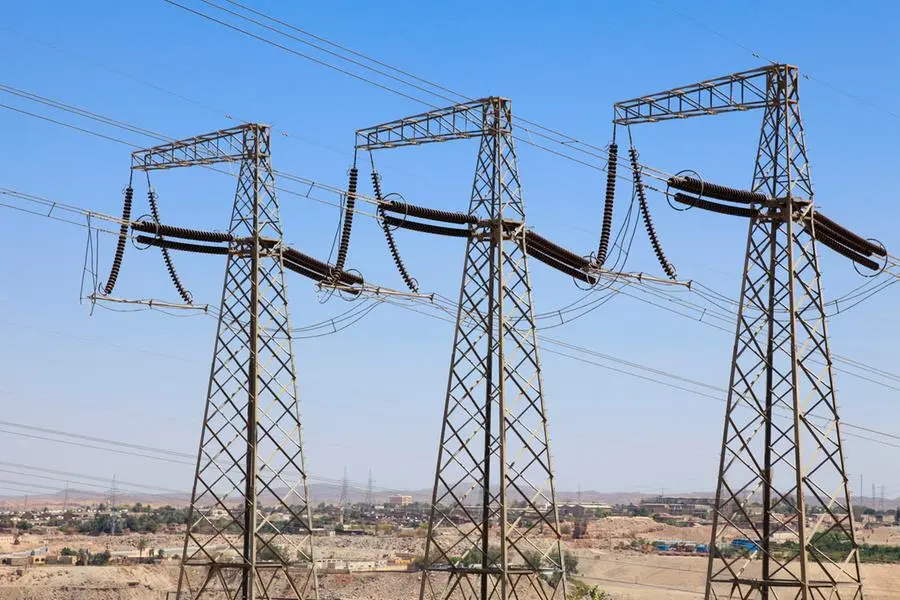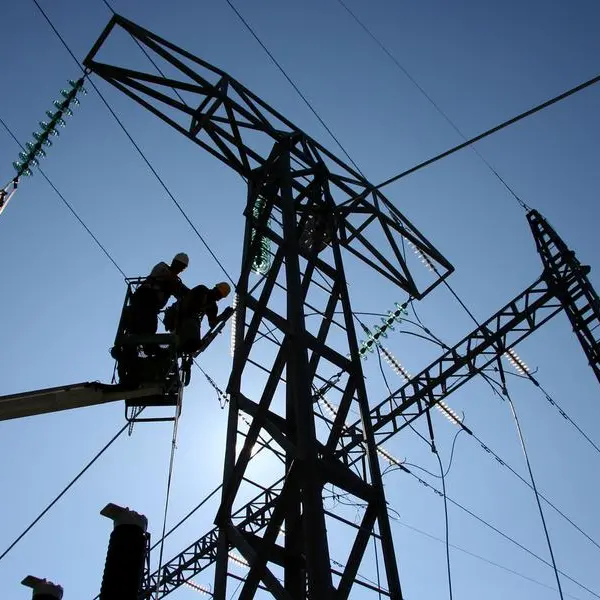PHOTO
Egypt’s Minister of Electricity and Renewable Energy Mahmoud Essmat has reiterated his commitment to completing the Saudi-Egypt electricity interconnector project by early summer 2024, emphasising the importance of close collaboration and coordination between all involved parties.
The project, expected to be operational in two phases, will create new opportunities for Egypt and Saudi Arabia, with the first phase scheduled to begin in July 2025. The project is expected to be fully operational by early 2026 and is estimated to cost $1.8 billion.
Essmat has been holding intensive meetings with stakeholders responsible for project implementation, as well as representatives of relevant authorities issuing permits and licences related to the project’s construction, including those related to tower heights, submarine cables, oil pipelines, and other requirements.
“There is agreement, cooperation, and coordination between Egypt and Saudi Arabia on the necessity of bringing the electricity interconnection line into service and connecting it to the unified network in both countries by early summer,” Essmat said.
These meetings, which aim to accelerate the pace of work, increase resources, and tackle challenges related to remote areas the interconnector passes through, are a testament to the commitment to completing the project on schedule.
On Tuesday, Essmat met with the committee responsible for coordinating between all relevant state agencies involved in the project. The meeting, attended by the project consultant, representatives from executing companies, Deputy Minister Sabah Mashaly, and electricity sector leaders, reviewed the current work plan and assessed progress against targets outlined in previous meetings.
The discussion included updates on equipment delivery, credit line opening, project execution progress, and alignment with the timeline. The meeting also discussed collaboration and coordination between all parties to increase resources and expedite the completion of technical work, particularly related to tower heights in areas surrounding airports, oil pipelines, the Suez Canal, and other locations along the interconnector’s route.
Essmat highlighted the importance of overcoming any financial, administrative, or technical obstacles to ensure the project’s timely completion and commencement of operations.
“The project is one of the most important factors in ensuring network stability without the need for additional fuel to operate power plants, allowing for network reserve capacity during peak demand,” Essmat explained. “The project aims to facilitate the exchange of 3,000 megawatts.”
Essmat emphasised the project’s potential to become a cornerstone for future Arab interconnection. He pointed to its positive impact on the stability and continuity of electricity supply between Egypt and Saudi Arabia, along with significant economic and developmental returns.
“The project is a testament to the deep Egyptian-Saudi relations throughout history and complements the vision of both countries (Vision 2030),” Essmat said. “We will continue to work to improve the quality of electricity supply, enhance service levels, maintain the stability of the unified national network, and add new clean energy capabilities to reduce dependence on traditional fuels.”
© 2024 Daily News Egypt. Provided by SyndiGate Media Inc. (Syndigate.info).





















